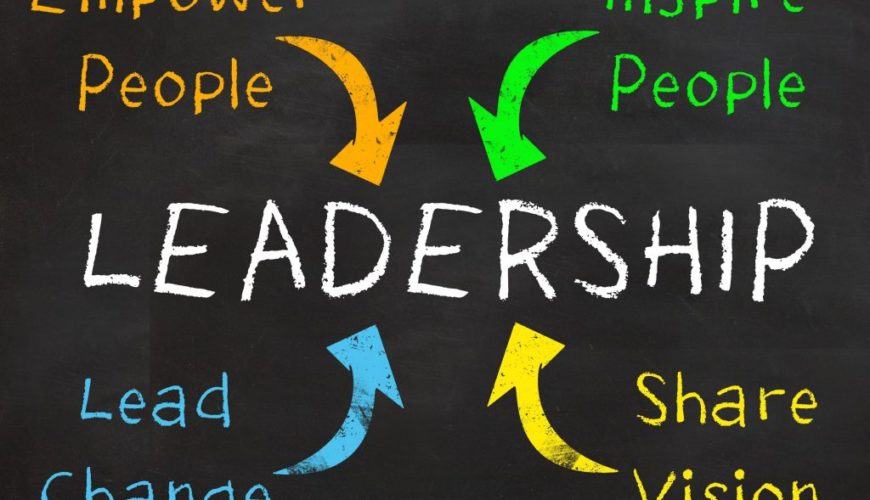Leadership is a difficult subject for writing books. Generation Y is replaced by Generation Z, robots write articles and brew coffee – only the myths around leadership do not change. For example, the ability to lead people is often associated with special “boss genes”, innate talent or luck. The division into leaders and followers remains a mild variation of Indian castes: whoever you were born with is what you will be. We have two questions – who is to blame and what to do? On the last question, we definitely answer bv – to educate yourself!
Sidney Finkelstein “Superbosie. Yak vidatnі lіderi draw talent “
A leader is not just a person who runs a team or a nation. The leader creates professionals from subordinates and becomes a generator of talents. Sidney Finkelstein calls these people “superbosses” and his book “Superbosses. Yak vidatnі leaders draw talents “- for those who want to become such a mentor.
Sydney divides superbosses according to leadership styles:
- great bastards – the expression “The main thing is not victory, but participation” is not for them. Therefore, the “magnificent bastards” are unlikely to become the soul of the company because of their exceptional exactingness;
- educators – in terms of management style, they are close to the traditional understanding of mentors. “Educators” help people achieve what they never dared to dream of;
- rebels – they fall into collections like “10 people who changed the world.” This type of leader attracts with the motto: “Work is life, and life is passion.”
Sidney Finkelstein says honestly: the book will not be a magic pill, with which you immediately become a superboss. Therefore, he proposes to master a couple of techniques from the book, and gradually expand the arsenal of tools for the leader and mentor.
Geoffrey Garten From Silk to Silicon. 10 leaders who united the world “
7.5 billion people live on earth, and this number is growing every year. Technologies grow along with them, international law develops. These factors lead to the processes of globalization: the crowd is replaced by civil society, temporary associations – alliances to protect rights and interests. Humanity is a huge complex mechanism, and the more you think of it as a mechanism, the more you feel like a small cog.

For his book, which has becomeone one of the top leadership books, Jeffrey Garten selected leaders based on a single criterion – transformative achievement. Each of the heroes of “From Silk to Silicon” became a pioneer in one of the eras: energy, free market, high technology. They tied the world and made us closer to each other. But how will the experience of people who have changed the lives of millions help the managers of local small companies?
- Will make it clear that globalization affects everyone. If you feel the world course, you can follow it and lead people with you. And then, who knows – maybe you are the one who will launch a wave of changes around the world?
- Will convince you that theory without practice is dead. Therefore, the book “From Silk to Silicon” did not include scientists, economists and philosophers. The list includes only those who turned great ideas into reality;
- Shows that the future lies in positive changes. Brutal unprincipled leaders (or rather dictators) can achieve great goals, but this is not the only answer to the question “How to achieve success?” It is real to lead people and be in harmony with them;
- Will teach you to be open to new things. It is difficult to imagine how closed China was in the 12th century and how impassable Africa seemed at the beginning of the 15th century. The world offers new opportunities – will you take advantage of them?




